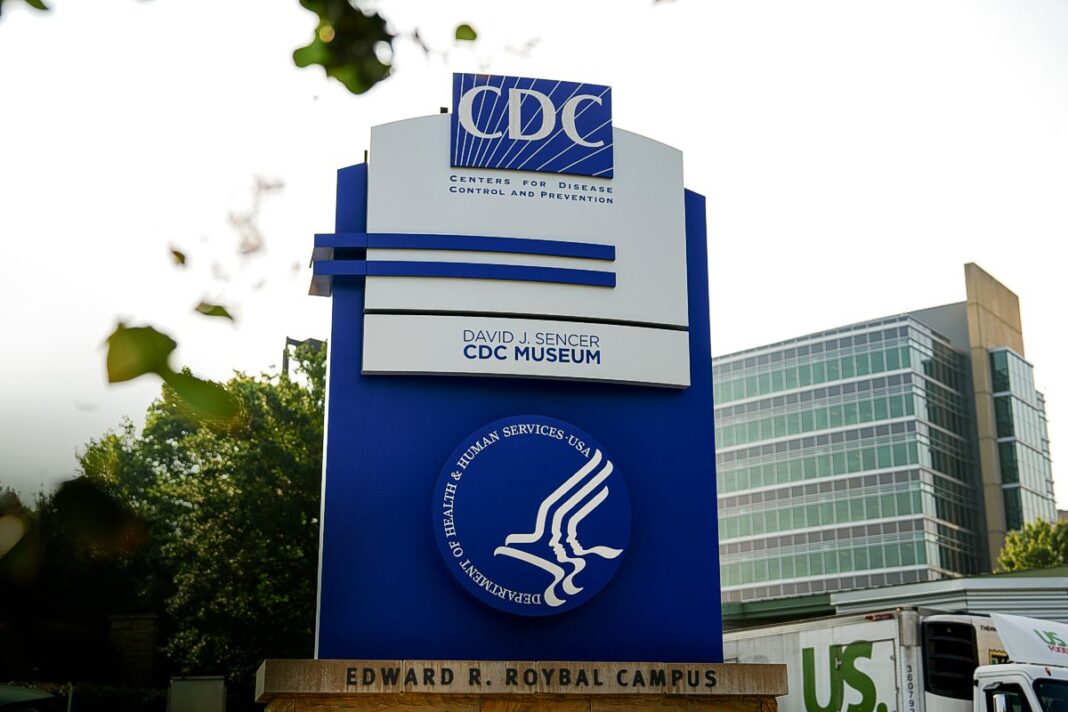A federal vaccine advisory committee recommended several changes, while postponing a vote on hepatitis B vaccination.
The panel that advises the Centers for Disease Control and Prevention made several recommendations to the agency during its recent meeting, and tabled a vote that could have led to a delay for the first vaccine most children receive.
The Advisory Committee on Immunization Practices (ACIP), appointed by Health Secretary Robert F. Kennedy Jr., met in Georgia on Sept. 18 and Sept. 19.
Here’s what happened during the session.
COVID-19 Vaccines
Members voted in favor of changing COVID-19 vaccine recommendations to the lowest tier, which emphasizes that the choice is to be based on individual factors.
Members unanimously said that COVID-19 vaccination on the CDC’s immunization schedules should be under shared clinical decision-making.
“Unlike routine, catch-up, and risk-based recommendations, shared clinical decision-making vaccinations are individually based and informed by a decision process between the health care provider and the patient or parent/guardian,” the CDC describes the tier on its website.
The vote came after multiple members expressed skepticism of the data CDC officials presented on the safety and effectiveness of the vaccines. The officials used test-negative analyses to estimate effectiveness, a method Dutch researchers recently said was inappropriate for mortality and problematic for hospitalization.
“The biases are all over the place. This is really not reliable methodology. Unfortunately we are using it and ignoring a lot of other approaches that could be used,” Retsef Levi, chair of the COVID-19 vaccine workgroup, stated.
“At best, the additional protection provided by a seasonal booster is moderate and of short term,” he added later.
The CDC’s current recommendations are, after updates ordered by Kennedy, that all people aged 6 months and older receive a COVID-19 vaccine, except for healthy children and pregnant women.
Federal regulators, though, recently withdrew emergency authorizations for the vaccines and issued updated approvals that only cleared the vaccines for people aged 65 and older and people aged 6 months and older who have a risk condition as defined by the CDC.
Following those actions, and ahead of the ACIP meeting, some states issued guidance that diverges from the federal recommendations. Four states, for instance, have stated that they’re recommending COVID-19 vaccination for all children aged 6 months to 23 months.
A minority of experts who worked with the ACIP COVID-19 vaccine workgroup said that COVID-19 vaccines are “highly safe and effective” and should continue to be widely recommended.
Dr. Monique Yohanan, a fellow at the Independent Women’s Forum who watched the meeting, told The Epoch Times that ACIP’s recommendation is in line with the World Health Organization and other health authorities, which since 2023 have largely only recommended COVID-19 vaccination for children and many adults with risk factors.
“This is a circumstance where I do think that not having a broad recommendation for it, that aligns with the evidence,” she said.
ACIP members also said that the CDC should add language to vaccine information statements for the vaccines to better describe risks and uncertainties surrounding their benefits, and that before administering vaccines, providers should discuss potential downsides and benefits, as well as the CDC’s listed risk conditions.
The CDC’s acting director, Jim O’Neill, will decide at some point in the future whether to accept the panel’s advice.
“I commend the committee for bringing overdue scientific debate on vaccination to the American people,” O’Neill said in a statement on Sept. 19.








